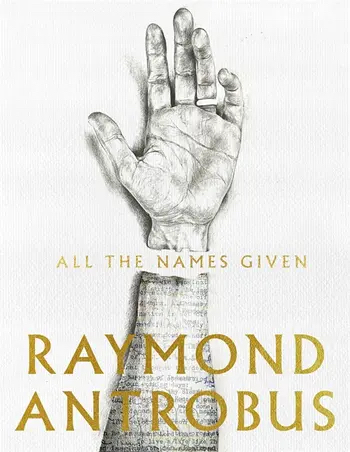You have no items in your cart. Want to get some nice things?
Go shopping
Standing in front of the bay windows
of my crisply vectored apartment
wearing a promotional tee-shirt
I got free from a box manufacturing company,
looking out over the red light district
on the lower east side of the city
and wondering where I’m going to find my next job,
it’s easy to forget that none of this is real.
Catch me on a bulletin board
and I’ll talk of my teenage years on Mars,
the fog bank that used to wait for me at the end of my street.
The universe felt so hopelessly unfinished.
I owned a gun that never ran out
and wandered through abandoned processing plants
looking for something to be afraid of.
The sky looked like a painting of the sky.
I titled it “Kronos Sandstorm and Landscape with Items.”
Buildings were still drawing themselves
as I ran up the stairwell.
Sometimes we hunted the fog; sometimes
the fog hunted us, but it was worst for my father,
caged in a universe built purely
of flickering green text until the age of thirty,
by which point specificity had driven him insane,
his wax cylinder voice crackling over the desert.
I’m not sorry. Such advances are irrepressible:
we’ve moved into the cities, simulated Biblical traumas,
secured our magnificent fractal coastlines.
There’s nothing left out there to map.
Just shallow memories of how it used to be.
Ghost stories exchanged endlessly across a dry bar
in a virtual reconstruction of Manchester,
where folks can still remember how it all began:
when “all of this was just a co-ordinate in the planetarium”,
a gun sight in an unlit room that we decided to call home.
Ross Sutherland is a founding member of live poetry collective Aisle 16. His debut collection Things To Do Before You Leave Town is published this month by Penned in the Margins and has been described by Luke Kennard as ‘refreshingly fearless and bleakly funny’.





